 The philosopher Epicurus was shown a wall of pictures — told, reverently, they portrayed sailors who, in storms, prayed to the gods and were saved. “But where,” he asked, “are the pictures of those who prayed and drowned?”
The philosopher Epicurus was shown a wall of pictures — told, reverently, they portrayed sailors who, in storms, prayed to the gods and were saved. “But where,” he asked, “are the pictures of those who prayed and drowned?”
He was exposing the mistake of counting hits and ignoring misses. It’s common when evaluating seemingly paranormal, supernatural, or even miraculous occurrences. Like when some acquaintance appears in a dream and then you learn they’ve just died. Was your dream premonitory? But how often do you dream of people who don’t die? As with Epicurus, this frequently applies to religious “miracles” like answered prayers. We count the hits and ignore the many more unanswered prayers.
I usually work with the radio on. How often do you think I’ll write a word while hearing the same word from the radio? (Not common words, of course, like “like” or “of course.”) In fact it happens regularly, every few days. Spooky?
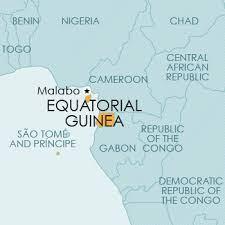
So what does all this have to do with the origin of life? I recently began discussing Dawkins’s book, The Blind Watchmaker, and life’s having (almost certainly) begun with a fairly simple molecular structure, naturally occurring, with the characteristic of self-duplication. Dawkins addresses our intuition that that’s exceedingly improbable.
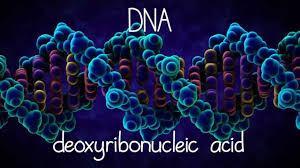
Indeed, non-living replication is familiar to us. That’s how crystals form. They grow by repeating a molecular structure over and over.

Maybe this still seems far-fetched to you. But Dawkins elucidates another key insight relevant here.
Our brains evolved (obviously) to navigate the environment we lived in. Our abilities to conceptualize are tailored accordingly, and don’t extend further (which would have been a waste of biological resources). Thus, explains Dawkins, our intuitive grasp of time is grounded in the spectrum of intervals in our everyday experience — from perhaps a second or so at one end to a century or two at the other. But that’s only a tiny part of the full range, which goes from nanoseconds to billions of years. We didn’t need to grasp those. Likewise, our grasp of sizes runs from perhaps a grain of sand to a mountain. Again, a tiny part of the true spectrum, an atom being vastly smaller, the galaxy vastly larger. Those sizes we never needed to imagine — and so we really can’t.
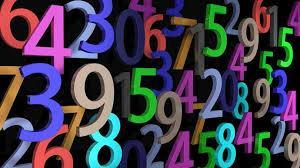
If you could hypothetically travel to early Earth, might you witness life beginning — as I’ve explained it? Of course not. Not in a lifetime. The probability seems so small it feels like zero. And accordingly some people just reject the idea.
Suppose it’s so improbable that it would only occur once in a billion years. But it did have a billion years to happen in! Wherein a one-in-a-billion-year event is hardly unlikely.
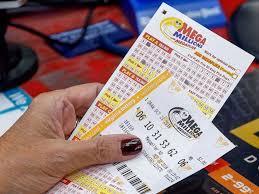
And what’s the probability that life did not evolve naturally, along general lines I’ve suggested, but was instead somehow deliberately created by a super-intelligent being of unimaginable power — whose existence in the first place nobody can begin to account for?
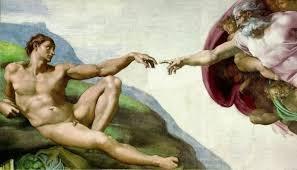
* That all living things use the same DNA code makes it virtually certain that all had a common ancestor. Your forebears were not, actually, monkeys; but the ancestors of all humans, and of all monkeys, were fish.
